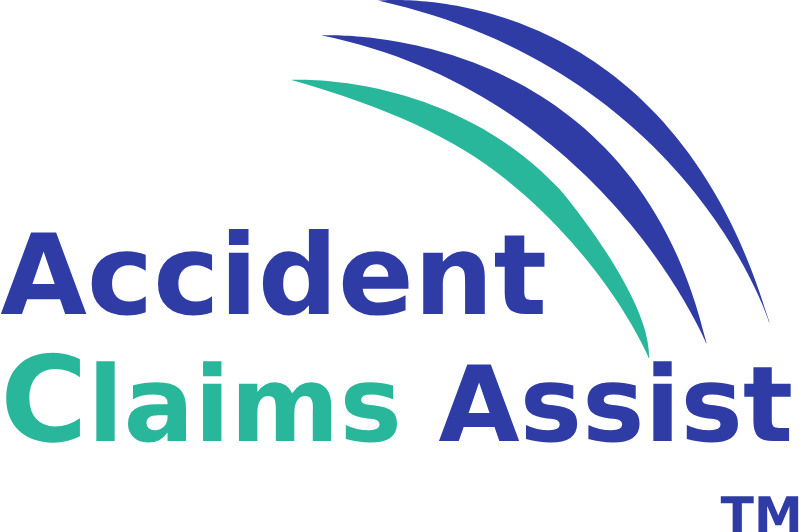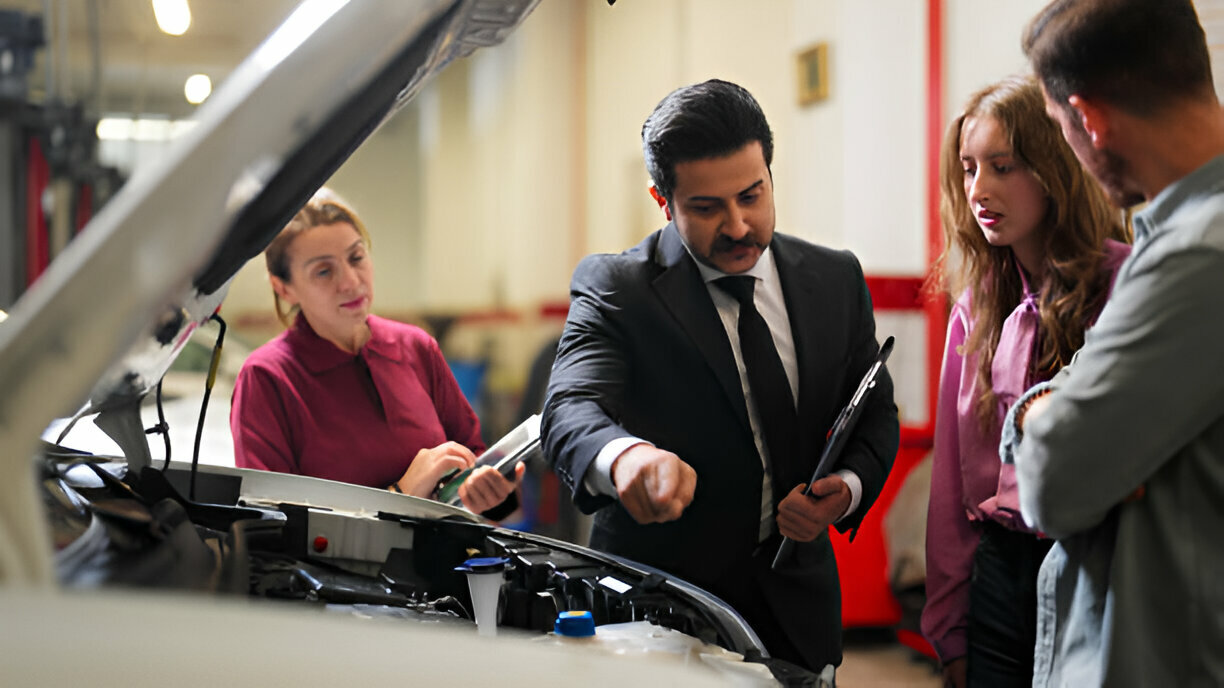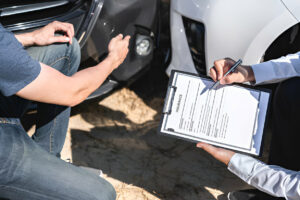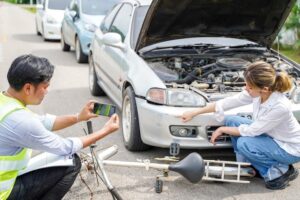Vehicle Insurance: What You Need to Know
Vehicle insurance is not just a choice but a legal requirement before you drive on UK roads. Your financial safety net covers accidents or injuries involving other people or vehicles. With Insurance, you typically don’t need to pay out of pocket when you process repairs after an accident. However, the level of coverage varies by policy, so it’s crucial to review your insurance agreement before making a claim.
Understanding the types of Vehicle insurance is crucial for your financial safety. Comprehensive Insurance, for instance, allows you to claim damages and third-party damages through your insurance provider. However, it’s important to be aware that you may lose your claim bonus if your insurer can’t recover the costs or compensation from the other party’s Insurance.
Third-Party Cover: This covers damage to other vehicles and property if the accident is your fault. If the other driver is at fault, you can claim for repairs and losses from their Insurance. You must pay for the other party’s repairs and associated costs if you’re found at fault.
Third-Party, Fire & Theft Insurance: This policy covers damage to your vehicle if it’s stolen or damaged by fire and third-party injuries or damages. However, it doesn’t cover accident-related repairs unless the driver at fault is uninsured.
Making a Claim:
If you’re involved in an accident, follow these steps:
1. Don’t Admit Responsibility: Do not admit fault at the accident scene or sign documents without consulting your Insurance.
2. Gather Evidence: Collect evidence from the scene, including photos of the vehicles, witness details, a police report, and any other supporting documents.
3. Report to Your Insurance: Please get in touch with your insurance provider immediately and provide them with all necessary details about the accident, including the other driver’s insurance information.
4. Medical Records: Visit a doctor or hospital to document any injuries you sustained from the accident.
5. Witness Details: Collect contact information from any witnesses who can support your claim.
Legal Assistance: In the event of an accident, a solicitor can be a valuable resource. They can help you investigate the claim, manage the process, and ensure all the accident details are included in the claim. This professional support can give you the guidance and reassurance you need during a potentially stressful time.
What Happens If Your Vehicle is Written Off?
If your insurer determines your vehicle is beyond repair, they’ll offer you the market value of your car at the time of the accident. The Motor Insurers Bureau (MIB) may help settle your claim if the other driver is uninsured or fled the scene.
- Non-Fault Claim: In a non-fault claim, the driver at fault admits responsibility, and their Insurance will cover the cost of repairs and compensation.
- At-Fault Claim: If you are found at fault, your Insurance will cover the other party’s repairs, but you may have to pay for your damages.
Insurance Excess:
When making a claim, you may need to pay an excess – a certain amount toward the cost of repairs. This could be a compulsory or voluntary excess. For example, if your damage totals £900 and your excess is £400, you will need to pay £400, and your insurer will cover the remaining £500.
- Non-Fault Accidents: If the accident wasn’t your fault, your insurance company may waive the excess, as they will recover the costs from the at-fault driver’s insurer.
- Young or New Drivers: Young or inexperienced drivers may have higher excess amounts.
Claims Bonus:
If you want to preserve your no-claims bonus, you can recover the cost from the other driver’s Insurance rather than file a claim alone. This way, your no-claims discount remains unaffected.
What If You’re Involved in an Accident Abroad?
If you have an accident while abroad:
1. Contact the police, but do not accept responsibility or sign any documents.
2. Notify your insurance provider and manage the claim when you return to the UK.
3. You should report the accident within two weeks of the incident.
Frequently Asked Questions:
What happens if I don’t inform my Insurance about previous car accidents?
What happens if you don’t inform your Insurance about previous car accidents? Your insurance provider may check databases to cross-reference any undisclosed accidents. Failing to inform them can affect your coverage and premium, potentially leading to a loss of trust and increased costs.
Do non-fault claims need to be declared?
Yes, non-fault claims should be reported to your insurer, as they will be recorded in their databases for reference.
Why does a road accident claim affect insurance premiums?
Your insurance premium is influenced by your claims history. If you’ve had an accident, even if you weren’t at fault, insurers may raise your premium based on your claims record.
How does a non-fault claim affect my no-claims discount?
Sometimes, your no-claims discount may be reduced if you make a non-fault claim unless your policy protects it.
Where can I buy car insurance?
Where can you buy car insurance? Car insurance is readily available from insurance agents, brokers, or directly from insurance companies. If you need help navigating your options, we’re here to guide you. This reassurance can help you feel secure and prepared regarding your insurance needs, ensuring you find the best policy for your situation.
When should I buy my car insurance?
Remember, you should purchase car insurance before you drive your vehicle. It’s not just a legal requirement but also a responsible decision that can protect you from fines or penalties.






